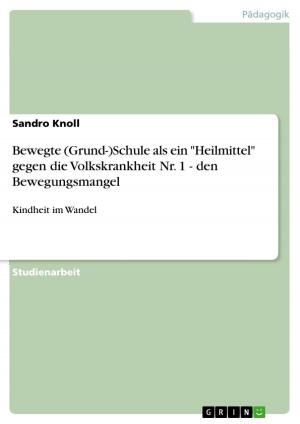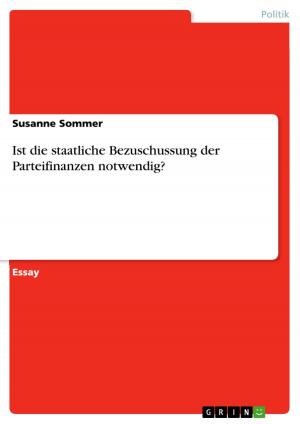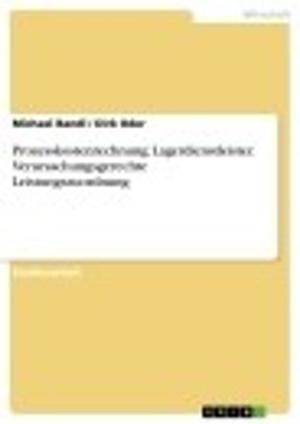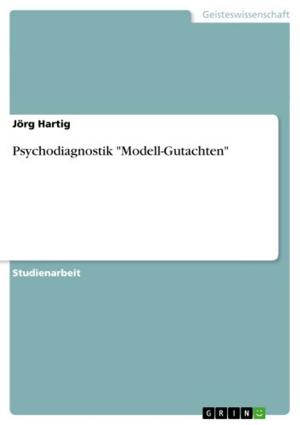An interpretation of T.S. Eliot's 'Preludes'. A vision of a vision
Fiction & Literature, Literary Theory & Criticism, British| Author: | Francesca Cavaliere | ISBN: | 9783668174382 |
| Publisher: | GRIN Verlag | Publication: | March 15, 2016 |
| Imprint: | GRIN Verlag | Language: | English |
| Author: | Francesca Cavaliere |
| ISBN: | 9783668174382 |
| Publisher: | GRIN Verlag |
| Publication: | March 15, 2016 |
| Imprint: | GRIN Verlag |
| Language: | English |
Seminar paper from the year 2013 in the subject English Language and Literature Studies - Literature, grade: 2,3, University of Potsdam (Anglistik), course: Symbolism and Modernism in British Poetry, language: English, abstract: In my discussion of the poem, 'Preludes' by T.S. Eliot, I will proceed in a more or less chronological order. The first stanza envisions a lonely street in the evening drawing a connection between writing and walking. The 2nd stanza shows probably the same street on a busy morning illustrating the restlessness of the city dwellers as well as their lack of self-determination. In the 3rd stanza the street scene is left altogether, instead a single woman is depicted lying in her bed. In a state of expanded awareness she gains a superior view on the world. In the last stanza I shall indicate how the blindness of everyday routine hinders the rest of the city dwellers from noticing this sort of spiritual revelation. The meta-poetic references in the end overtly unmask the speaker as being a poet, making plain that the poem is not to be taken as a means to communicate reality, but rather as the experience of a mental image.
Seminar paper from the year 2013 in the subject English Language and Literature Studies - Literature, grade: 2,3, University of Potsdam (Anglistik), course: Symbolism and Modernism in British Poetry, language: English, abstract: In my discussion of the poem, 'Preludes' by T.S. Eliot, I will proceed in a more or less chronological order. The first stanza envisions a lonely street in the evening drawing a connection between writing and walking. The 2nd stanza shows probably the same street on a busy morning illustrating the restlessness of the city dwellers as well as their lack of self-determination. In the 3rd stanza the street scene is left altogether, instead a single woman is depicted lying in her bed. In a state of expanded awareness she gains a superior view on the world. In the last stanza I shall indicate how the blindness of everyday routine hinders the rest of the city dwellers from noticing this sort of spiritual revelation. The meta-poetic references in the end overtly unmask the speaker as being a poet, making plain that the poem is not to be taken as a means to communicate reality, but rather as the experience of a mental image.















